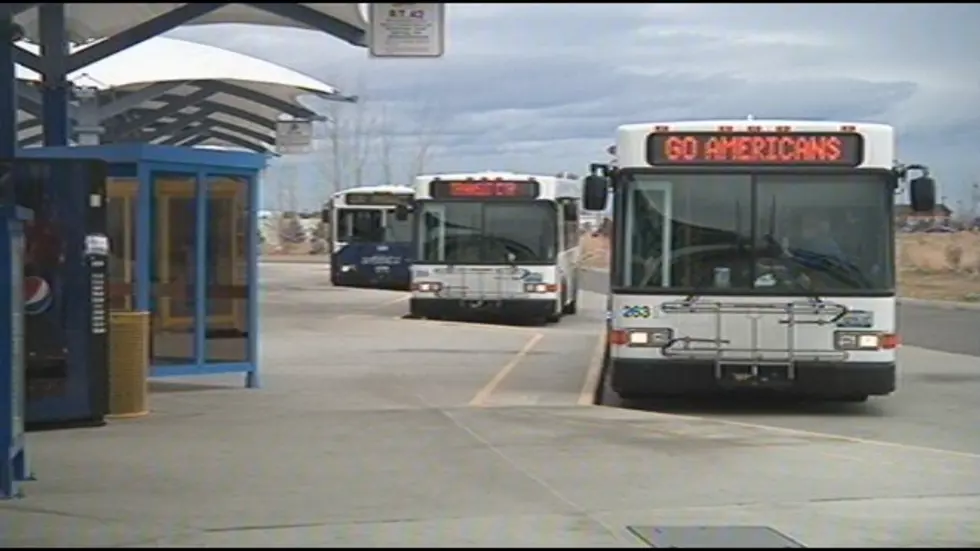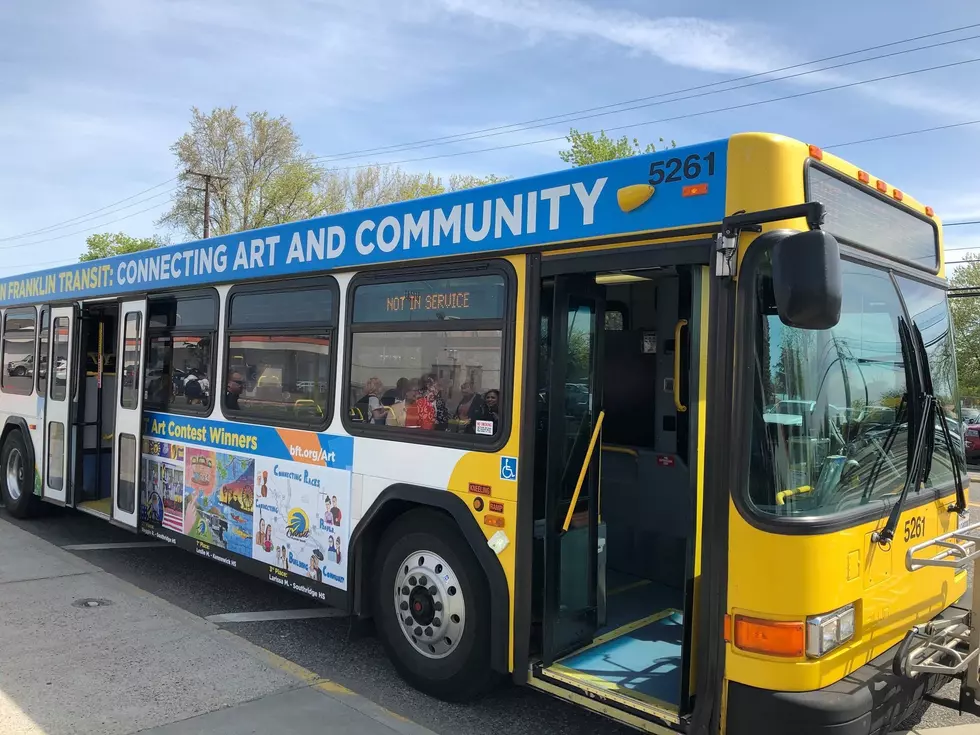
New Study Will Call for Downsizing “Struggling” Ben Franklin Transit
The Washington Policy Center is the leading public policy 'think tank' group in Washington state, and likely the entire Pacific Northwest. The group's mission statement is to "promote sound public policy based upon free market solutions."
For over 20 years, the group has grown rapidly, with some 21 offices around the state. They've been one of the most influential groups when it comes to questioning government and state spending, taxes, and other policies. While not an outspoken advocate of conservative causes, the bulk of their work aligns them with the GOP on most of the state's biggest issues, they do tend to lean that way.
The WPC did a cost study and analysis of Ben Franklin Transit a number of years ago, criticizing what they found to be waste and inefficiency with the taxpayer supported public transit system. In 2015, they found that while tax revenues had risen significantly, ridership and useage of the system was down. At that time, they found that ridership had dropped a combined 25 percent across all of BFT platforms, while revenues were up 19% over the previous five years.
They found in 2013 that ridership was lower that year than it was in 1996.
Now, on Tuesday, the WPC plans to release it's latest findings about BFT. According to WPC, ridership is down 40% since 2009, while BFT increased it's tax revenue some 43%. The study, which will be released Tuesday afternoon, also says BFT, instead of downsizing to save money, embarked on a new ridership drive in 2017. In an effort to attract more patrons, they invested in free Wi-Fi, extended hours and new additional routes. The effort failed, according to data obtained by the WPC.
They also say these drops are despite the phenomenal population and business growth of the Tri-Cities Metro area.
Ahead of the release of the study, Myra Frost, who is the WPC's Director of Transportation and author of the latest research, released this statement about the financial condition of Ben Franklin Transit:
“Rather than continuing to use public money to expand a failing system with the hope that it will “work” once it reaches a certain size or aesthetic, BFT should instead consider cutting the existing 0.6 percent sales tax and reducing operating costs,It needs to become a leaner, more cost-effective public agency for those who depend on and use transit for mobility."
We will update this story with more information once the study is released Tuesday afternoon, September 25th.
More From 870 AM KFLD









